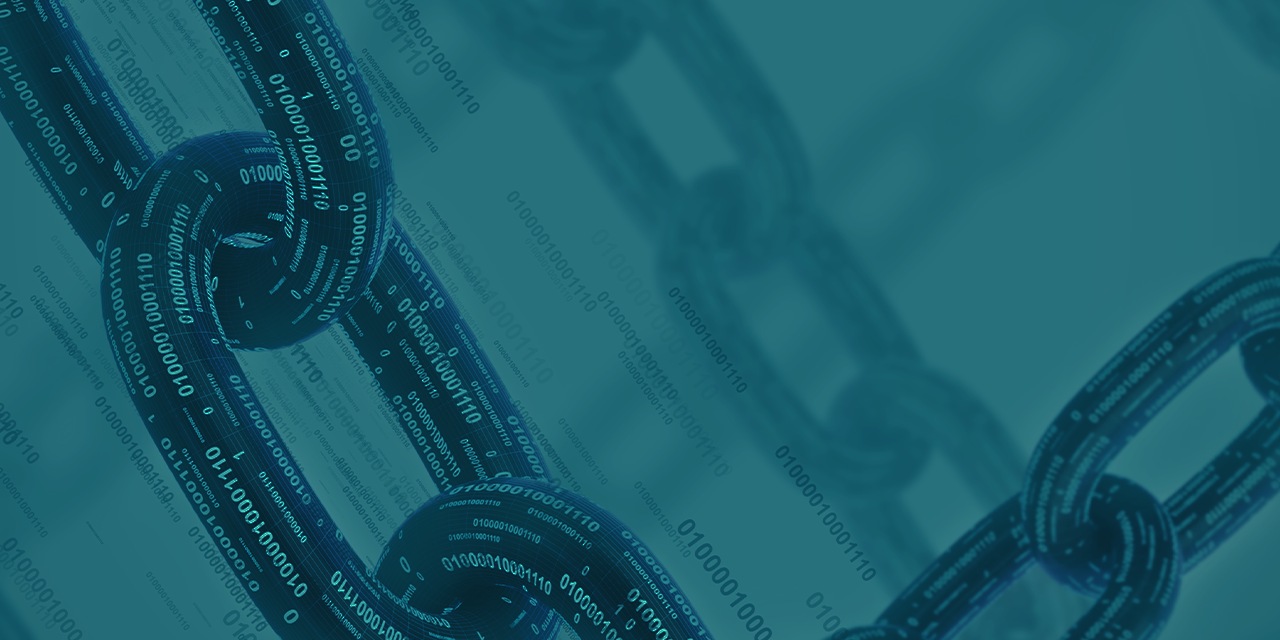Since the global coronavirus pandemic began in 2020, there has been a huge shift toward increased reliance on digital technology across all sectors. Included among the industries that are undergoing digital transformation is the construction sector.
Innovations in AI technology and automation allow construction companies to work more efficiently and communicate with clients and suppliers worldwide. Digital innovations can even help ensure that projects remain under budget on construction sites. But all of this growing digitalization also may present additional challenges.
The more the construction sector comes to rely on digital technology, the more weak spots there may be within the digital networks. These weak spots in cybersecurity can be exploited by cybercriminals who take advantage of the new tech to strike before sufficient security measures are implemented.
This article will discuss the current state of cybersecurity in the construction sector. We’ll also discuss the potential damages of cyberattacks and how construction companies can protect themselves against cyberattacks before they occur.
The Dangerous Consequences of Cyberattacks in the Construction Sector
Successfully enacted cyberattacks in the construction sector can have severe consequences, leading to a ripple effect across industries.
Cybercriminals may be able to access confidential data and then use this sensitive information to enact ransomware attacks. This is one of the most common forms of cyberattacks and can cause lasting damage to a construction company’s reputation, status, and finances.
Phishing, viruses, hacking, and payment interception are other frequent methods of cyberattacks that can be attempted against construction companies.
Cybercriminals who gain access to a company’s digital network may also be able to steal valuable intellectual property. By using stolen designs, engineering information, or other private company developments, cybercriminals can leak intellectual property to rival companies for a high price, destroying the value of your company’s innovations.
Cybercriminals attempting to disrupt production and wreak havoc can tamper with the posted signage, leading to widespread uncertainty and financial damages.
That uncertainty can extend to corporate partners, clients, and colleagues—especially when cybercriminals can launch attacks on other firms using in-house construction company systems.
Identifying Cybersecurity Weak Spots
The first step towards protecting your construction company from cyberattacks is identifying possible entry points for enterprising cybercriminals.
Contractors and employees often rely on construction project management software to keep track of the status of a contract and communicate with subcontractors and external vendors. The data transferred through these networks, as well as data stored remotely in the cloud, present enticing targets for cybercriminals. Ensuring that Software-as-a-Service (SaaS) solutions, company software, and cloud storage are secure is a broad challenge for construction companies—and a necessity.
Smartphones, laptops, and tablets are widely used throughout all sectors—including the construction industry. These digital devices are used to monitor data, transfer information, and send communications to employees and clients. With so many devices, it can be challenging to enact widespread security measures that can protect every single entry point, presenting a multitude of possible openings for cybercriminals.
There are often on-site base camps where construction employees can log into the company network from their personal devices. Many of these on-site locations are temporary and so information transferred from these temporary login portals may not be subject to the same stringent security protocols, creating a cybersecurity vulnerability. When employees connect via these unsecured network login spots, they may expose your company’s data and activities to external threats.
Even for construction companies who are confident that they already have a robust security system in place, there are still likely vulnerable entry points. Hiring subcontractors and outsourcing to freelance, contract, or other transient sources of labor can create more uncertainty and a lack of oversight within the construction firm’s daily operations.
Your construction company may be secure, but that does not mean the company you have subcontracted to is taking cybersecurity as seriously as yours. That can leave blind spots for cybercriminals to access, putting your company’s data at risk.
Proactive Steps to Boost Cybersecurity
Fortunately, just as cybercriminals develop increasingly sophisticated hacking methods, cybersecurity firms continue to evolve the cybersecurity measures and systems available for company use. Following are several approaches to protecting your construction company against cyberattacks.
-
Secure Supply Chain Management
Using foresight can help mitigate the possible cybersecurity risks of working with subcontractors and suppliers. Ensure the expectations around safe cybersecurity practices are clearly outlined in the contract. Lean on the legally binding nature of the contract to make clear that cybersecurity is of premium importance when working with any third-party vendor -
Implement Zero Trust Security
Zero trust security systems ensure that every login attempt and user device are authenticated whenever employees want to access sensitive company information. Zero trust security policies assume that each attempt to access the system is a likely threat until proven otherwise
For a construction company employing high numbers of workers, each of whom is logging in from a different location, zero trust security can be a good blanket policy that protects widely dispersed points of entry. Zero trust security also provides an added layer of data encryption so that even if a bad actor can pass through the authentication process, they cannot decrypt the data stored there. -
Choose the Right Software
Adding robust cybersecurity measures to cover all devices and users is vital, but choosing the right software can help to shore up security from within. Project management software for employees and suppliers should be vouched for and contain the most up-to-date security measures
This includes customer-facing software, the most widely used of which is customer relationship management software. Look for CRM tools that come with critical features such as AI-powered automation and full AI integration so that each of your software tools is protected by the same cybersecurity measures across the board -
Follow Government Standard Security Regulations
One way to ensure that your company’s cybersecurity plan is up to the standard is to make certain your company complies with government standard cybersecurity regulations. Bring in a certified third party to conduct security analyses and risk assessments. This is a smart preventive approach that gives your company the ability to identify weak spots and create solutions before a cyberattack takes place -
Create an Incident Response Plan
If a breach does occur, your construction company must be prepared to deal with the damages. Create a clear incident response plan so that employees know what they are responsible for, their role in enacting companywide damage control, and who they should report to
Conduct regular incident response testing to ensure your company and the policies are clear. You want to be as prepared as possible in case a breach does actually occur. Regular testing clarifies which parts of the incident response plan will run smoothly and where there is confusion that needs to be straightened out -
Purchase Cyber Insurance
Cyber insurance is a good backup layer for added protection in case a cyberattack incident occurs. Most cyber insurance policies will include breach notification and take care of the costs associated with forensic investigation processes
Other types of insurance, such as professional indemnity and directors and officers liability insurance, will likely exclude cyberattacks from their policies, so purchasing cyber insurance as an additional layer of protection can be a good idea for companies who do not want to be held liable in the event of a data breach or other successful cyberattack -
Conduct Companywide Cybersecurity Training
Human error accounts for a high proportion of cybersecurity infractions. All employees, subcontractors, and temporary workers should be thoroughly trained in cyberattack prevention essentials. Understanding the possible threats and learning how to identify common cyberattack tactics that target employees, such as phishing emails and malware, can add an essential intrinsic layer of security
Training employees on good security practices —such as regularly installing software updates, creating strong passwords, utilizing multi-factor authentication on all devices, and encrypting sensitive data, can prevent slip-ups that might have severe effects. IT policies should be clear to all employees, so anyone can report suspicious communication, activity, or login attempts to the correct colleague.
Final Thoughts
Cybersecurity should be of the utmost importance for construction firms today. With increased reliance on digital technology and widespread employee and subcontractor access to digital networks and data systems, there are ample opportunities for enterprising cybercriminals to attack.
A successful cyberattack can lead to damaging intellectual property theft, sensitive data breaches, ransomware, spyware, malware, disruption, and supply chain disorder. Cyberattacks can lead to chaos, confusion, and lasting financial damages for a construction company.
To prevent cyberattacks from causing severe damage to a construction company, firms can take proactive steps to protect themselves in advance. Following government-issued cybersecurity regulations, enacting zero trust policies, educating and training employees, crafting and testing an incident response plan, vetting company software, purchasing cyber insurance, and including cybersecurity in contracts are all smart measures to take to protect your construction company from the all too likely occurrence of a cyberattack.




